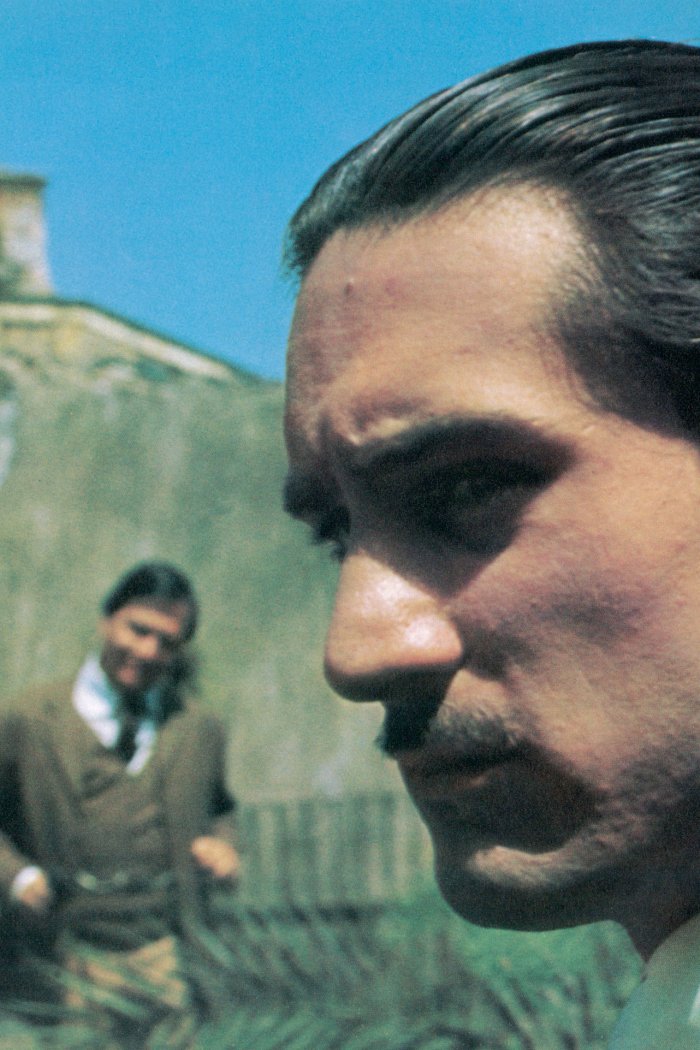Many of us who love movies, and love Alfred Hitchcock, have watched this one a million times, and somehow the millionth viewing electrifies as much as the first. A secretary (Janet Leigh) who meets her grisly fate behind a semi-opaque shower curtain, a seemingly gentle motel proprietor (Anthony Perkins) whose relationship with his mother is conflicted at best: the details of Psycho are etched knifepoint-sharp in our brains. This is evidence of Hitchcock’s greatest pleasure as a filmmaker. His enduring desire was to get a rise out of his audience, and once Psycho had become a box-office hit—once he realized that his carefully laid psychological traps had worked so well on moviegoers—he knew he’d pulled off something extraordinary. As he suggested to his great interviewer, François Truffaut: “I don’t care about the subject matter; I don’t care about the acting; but I do care about the pieces of film and the photography and the sound track and all of the technical ingredients that made the audience scream.” Audiences weren’t thrilled by any moral message, or solely by the performances, or by how well the movie captured the Robert Bloch novel it was drawn from. “They were,” Hitchcock said, “aroused by pure film,” a turn-on whose aftershocks, across decades, not even he could have imagined.
- Cybersecurity Experts Are Sounding the Alarm on DOGE
- Meet the 2025 Women of the Year
- The Harsh Truth About Disability Inclusion
- Why Do More Young Adults Have Cancer?
- Colman Domingo Leads With Radical Love
- How to Get Better at Doing Things Alone
- Michelle Zauner Stares Down the Darkness




